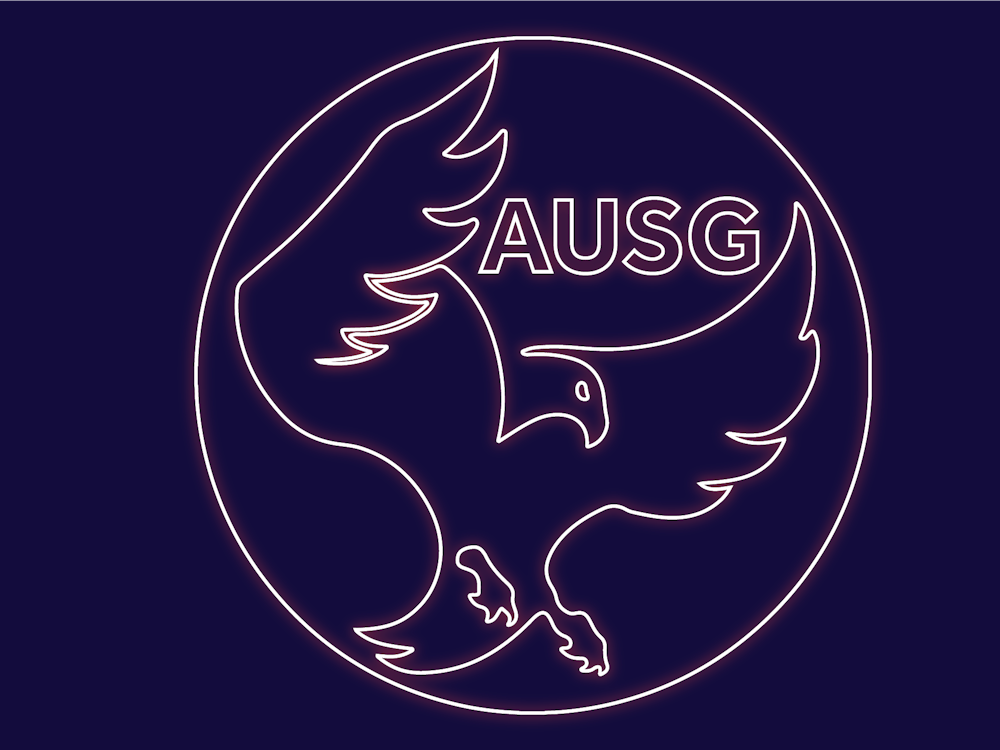Editor's Note: This story has been updated to share a change in election modality.
The American University Student Government will hold a special election on Wednesday with four referendums about University coronavirus response.
The four referendums, which were passed on Sunday, pertain to mandatory testing, in-person classes, dining options and dining safety.
The student body will vote on the referendums during a special election, which will open on Wednesday at 9 a.m. and close on Thursday at 11:59 p.m. Students will receive an email to access the ballot via Google forms.
On Tuesday night, SG shared that the format of the election will be different than previous semesters, as ballots are typically conducted with the Center for Student Involvement.
“The election will be conducted through a google form restricted to American University emails only instead of campus labs which we typically use," said said Ryan Hale, the SG campus-at-large senator who introduced the referendum. "Additionally, the elections commission will not be conducting the referenda, instead it will be conducted by the Undergraduate Senate and the Speaker."
The mandatory testing referendum cited the petition by the Disabled Student Union that is asking the University to implement mandatory regular testing for students.
“I think the beautiful thing about a referendum like this is we can actually know [if students want mandatory testing] through a referendum rather than just guessing what students want,” Senator for the Class of 2023 Brian Kemer said during the meeting.
In the in-person classes referendum, the Senate asks students if they are comfortable with a return to campus with the same degree of safety precautions as the fall 2021 semester.
“The pandemic has really impacted a lot of us and it is absolutely critical that we move forward in a safe and proper way,” Hale said.
The last two referendums, pertaining to dining, ask students if they feel the dining options and the coronavirus safety protocols for dining are sufficient.
“If people say that they are very dissatisfied with dining services, we can host an advocacy town hall where students can show up and tell us what the issues are,” Hale said.
If the student body votes in favor of the referendums, it does not guarantee the University will implement them. Some referendums, like one in 2019 pushing for alcohol to be served at sporting events, have not seen significant progress from the University.
Recently, the University has taken steps to honor the results of some referendums, such as divesting in fossil fuels and reinstating the Subway footlong to the meal plan.
Although referendums don’t ensure change, the Senate sees them as an effective means of getting the University to listen to the will of the student body.
“The administration is not as responsive when it comes to simply senators reaching out and telling them that this is a problem,” Class of 2022 Senator Andrew Gamble said. “Referendums are a great way to give students a voice.”





